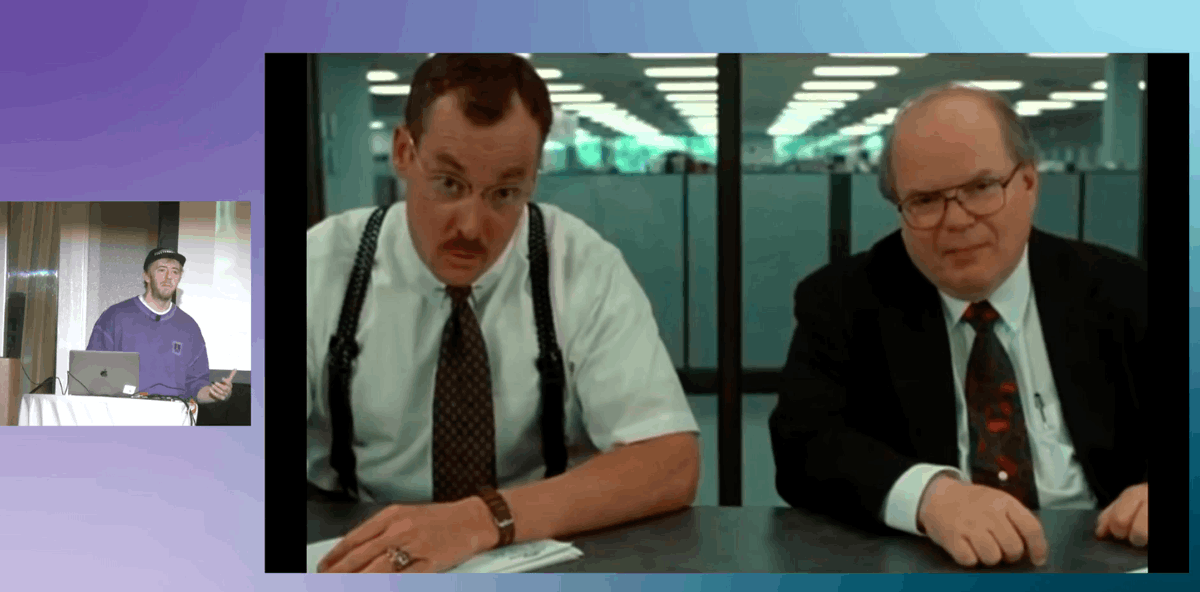
that can be fine when the economy is fine, but as things get tough you end up with tough questions #coalesceConf 

• • •
Missing some Tweet in this thread? You can try to
force a refresh





















